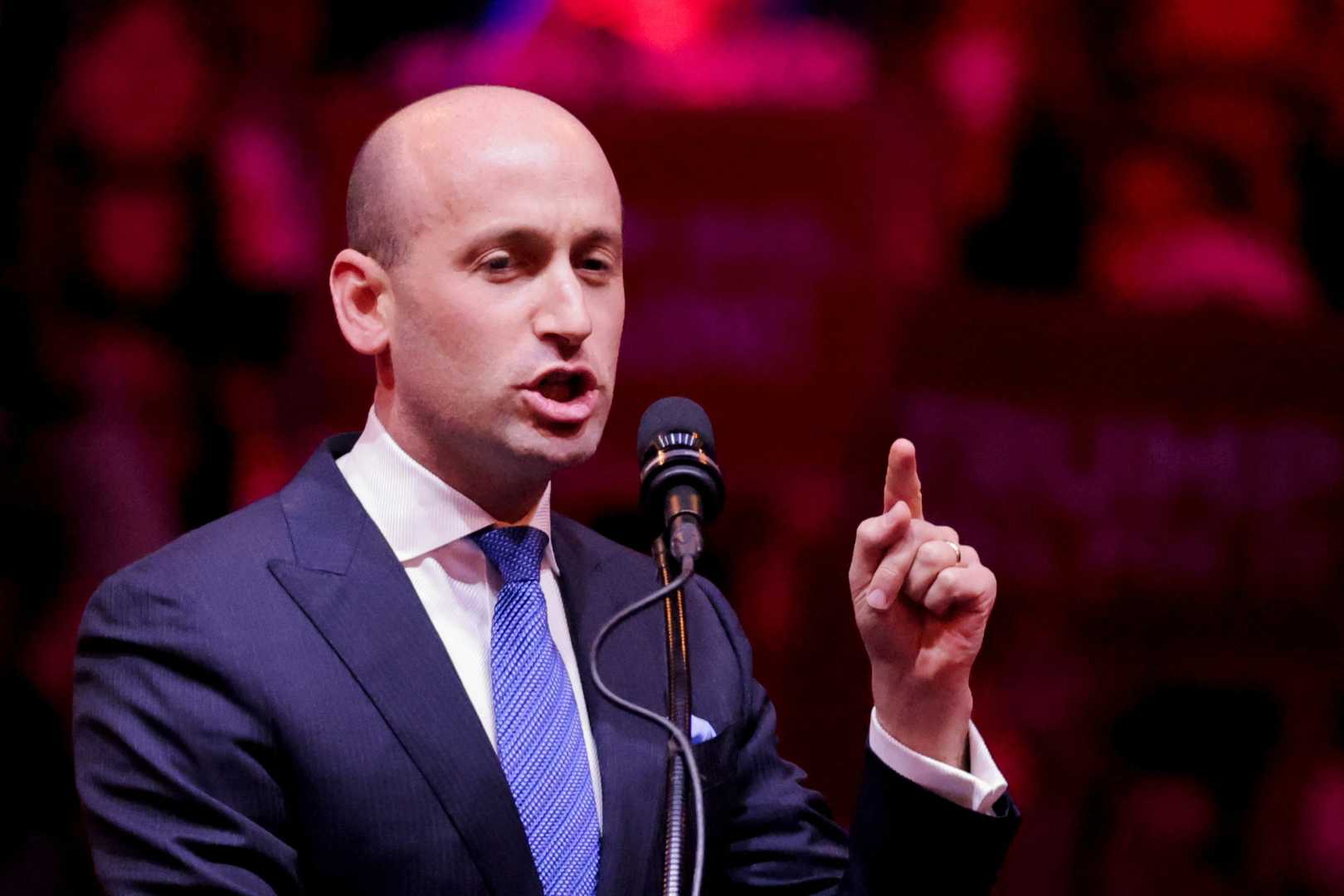Politics
Trump Administration Considers Suspending Habeas Corpus for Detained Migrants

WASHINGTON, D.C. — The Trump administration is contemplating the suspension of habeas corpus rights for migrants contesting their detentions, according to White House Deputy Chief of Staff Stephen Miller. His comments, made Friday, signal a significant departure from established legal norms regarding immigration and civil liberties.
Miller stated that the Constitution permits suspending habeas corpus during times of “rebellion or invasion.” This assertion comes amid legal challenges from judges across the United States who have blocked components of President Trump’s immigration agenda. “A lot of it depends on whether the courts do the right thing or not,” Miller said, reflecting on the administration’s strategy moving forward.
Several civil cases against Trump’s deportation practices are currently pending, including one involving a federal judge who had been detained for six weeks after publishing a critical article about Israel. Last week, a judge ordered the release of a detainee based on habeas corpus arguments. Meanwhile, other courts have upheld differing opinions on the administration’s actions.
Miller referred to habeas corpus as a “privilege” and noted that Congress has previously passed laws to limit judicial authority in immigration cases. However, legal experts challenge his interpretation of the law, arguing that only Congress has the authority to suspend habeas corpus. Marc Elias, an attorney for the Democratic Party, emphasized that “Congress has the authority to suspend habeas corpus – not Stephen Miller, not the president.”
Throughout his presidency, Trump has aimed to expedite deportations, fulfilling a key campaign pledge. In March, a federal judge prevented the administration from invoking a historical wartime law to speed up deportations. Reports suggest that Trump has been directly involved in discussions about suspending habeas corpus, although he has not publicly addressed the issue.
During a recent event, Trump indicated he would explore options to navigate injunctions on his deportation efforts, saying, “There are ways to mitigate it and there are some very strong ways.” He cited a precedent used by past presidents to justify potential actions against judicial rulings.
Habeas corpus, derived from Latin meaning “you should have the body,” allows individuals to seek court review of their detentions. Since its inception, this legal right has been suspended four times in U.S. history, notably during the Civil War and after the Pearl Harbor attack in 1941.
Legal scholars have pointed out that any unilateral suspension of habeas corpus would likely face constitutional challenges. Stephen Vladeck, a professor at Georgetown University Law Center, remarked, “Only Congress can suspend habeas corpus — and unilateral suspensions by the President are per se unconstitutional.” Historical instances, such as President Abraham Lincoln‘s controversial decision during the Civil War, remind us that any such action requires careful consideration and legal justification.












